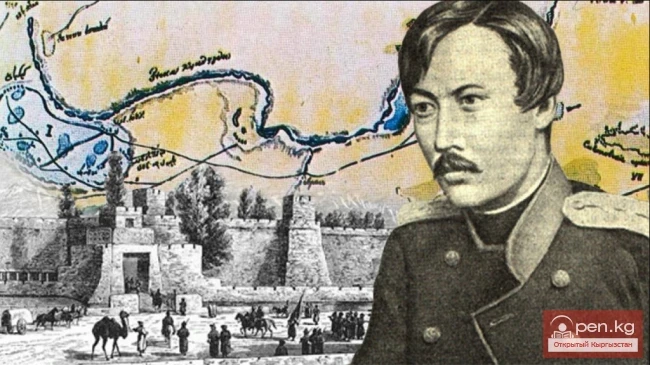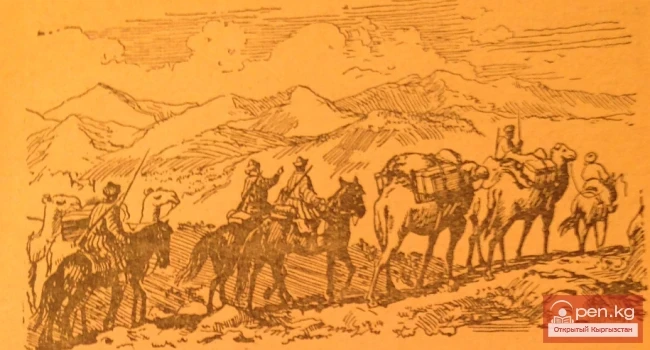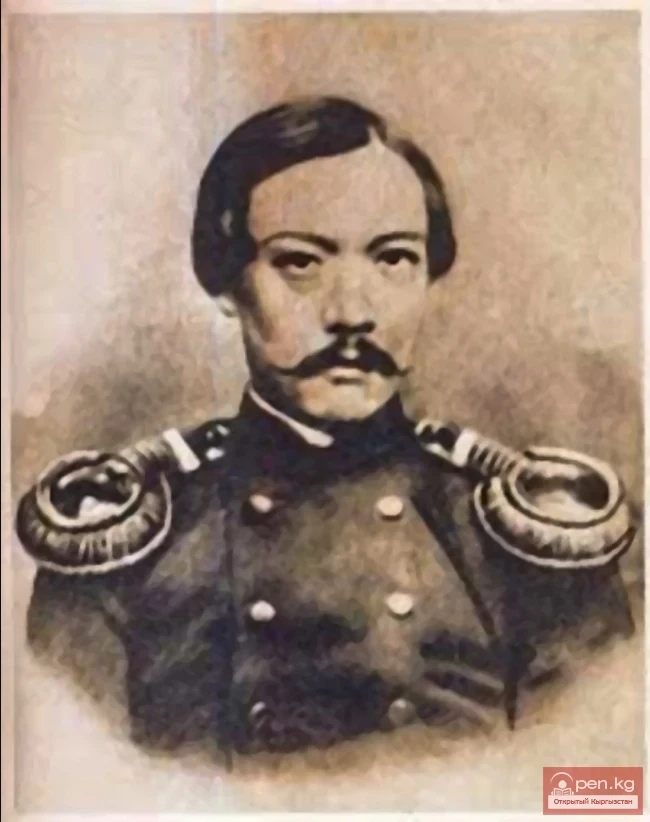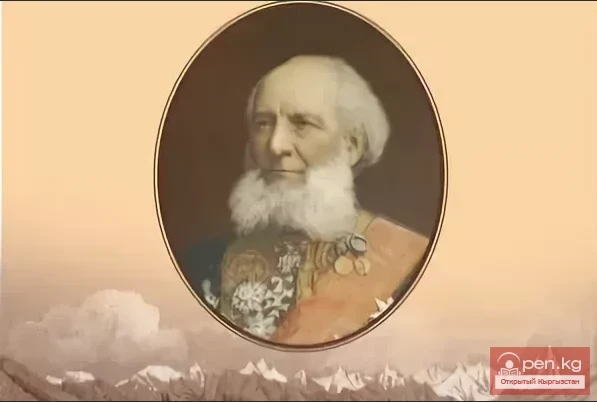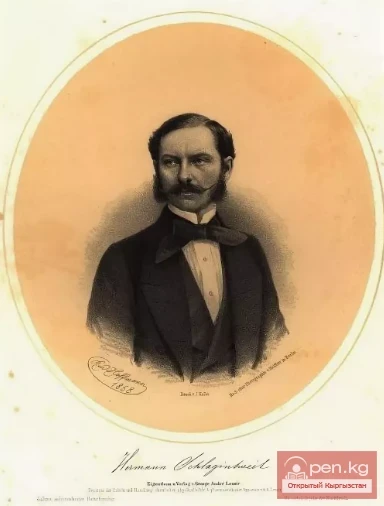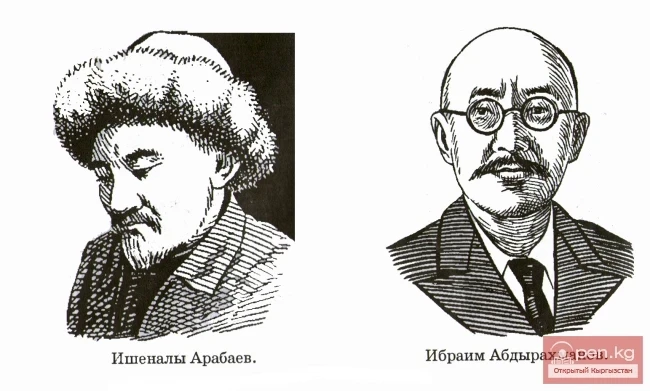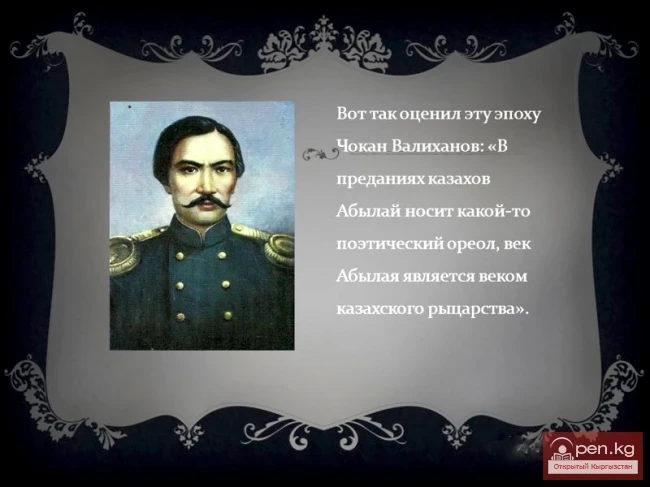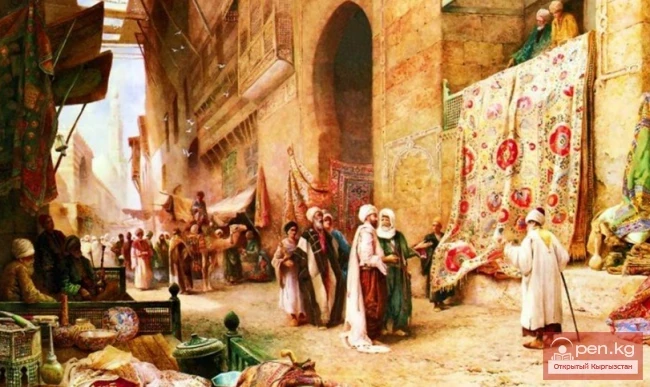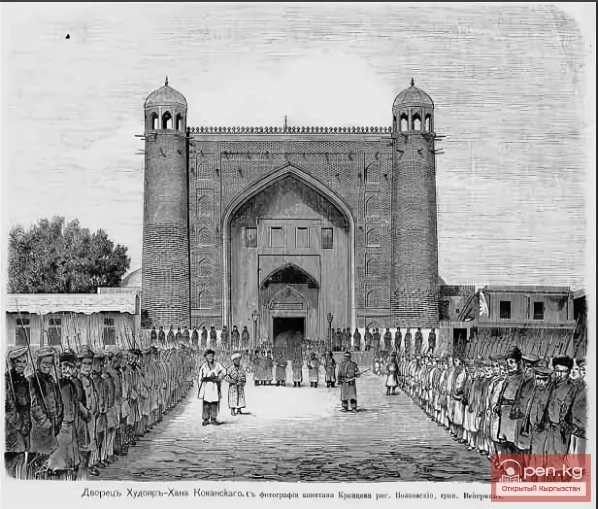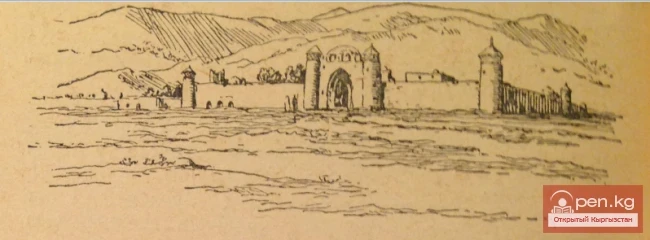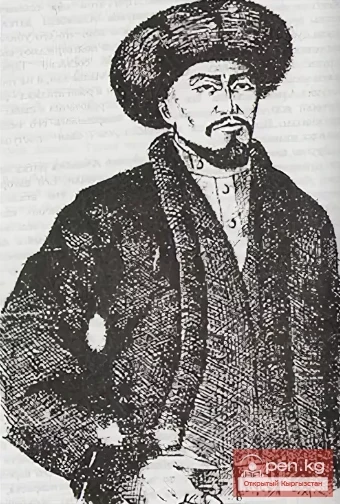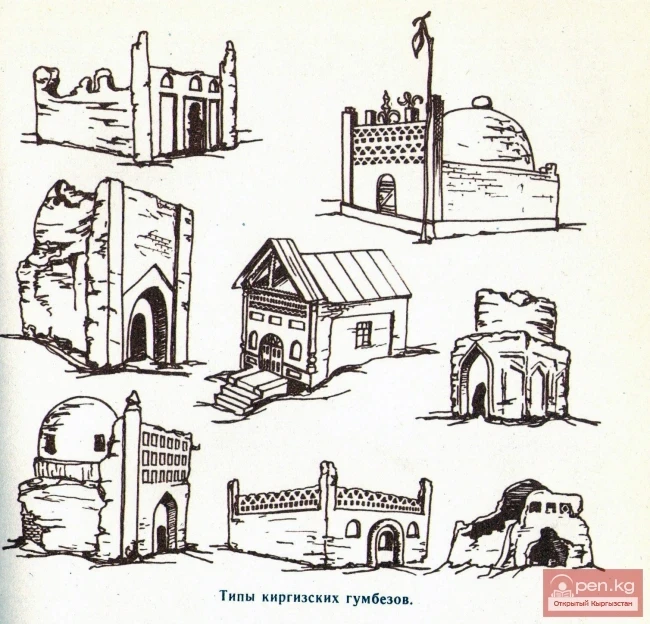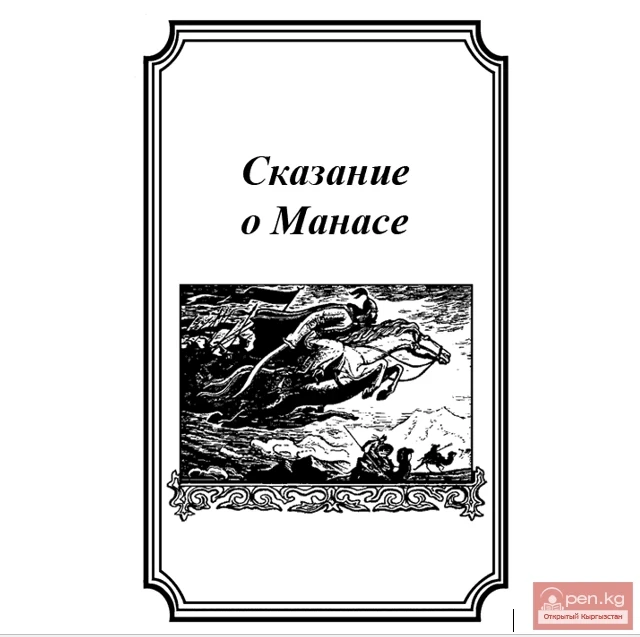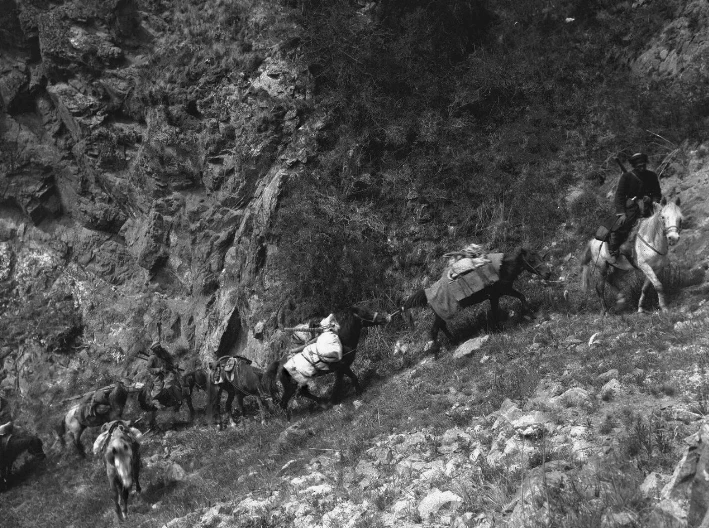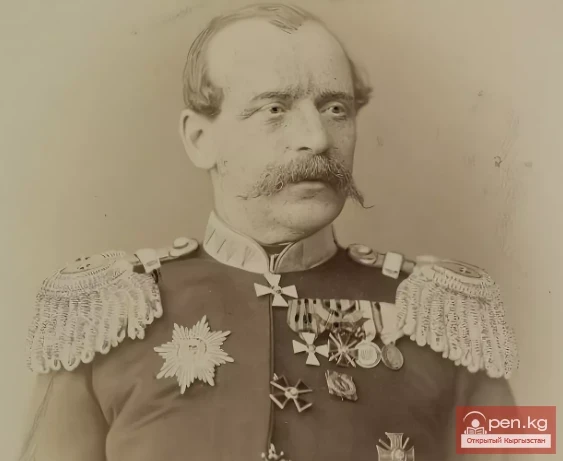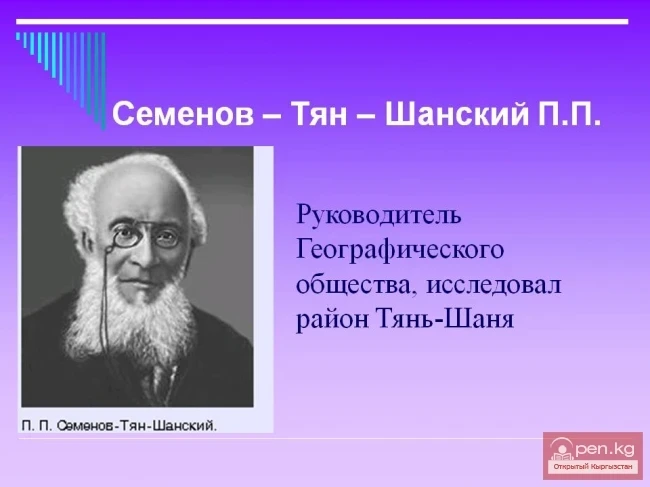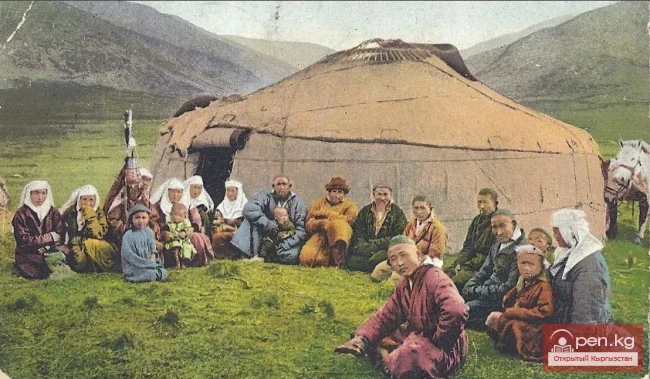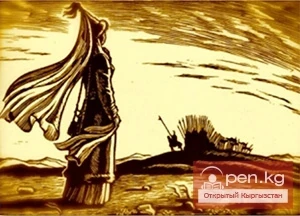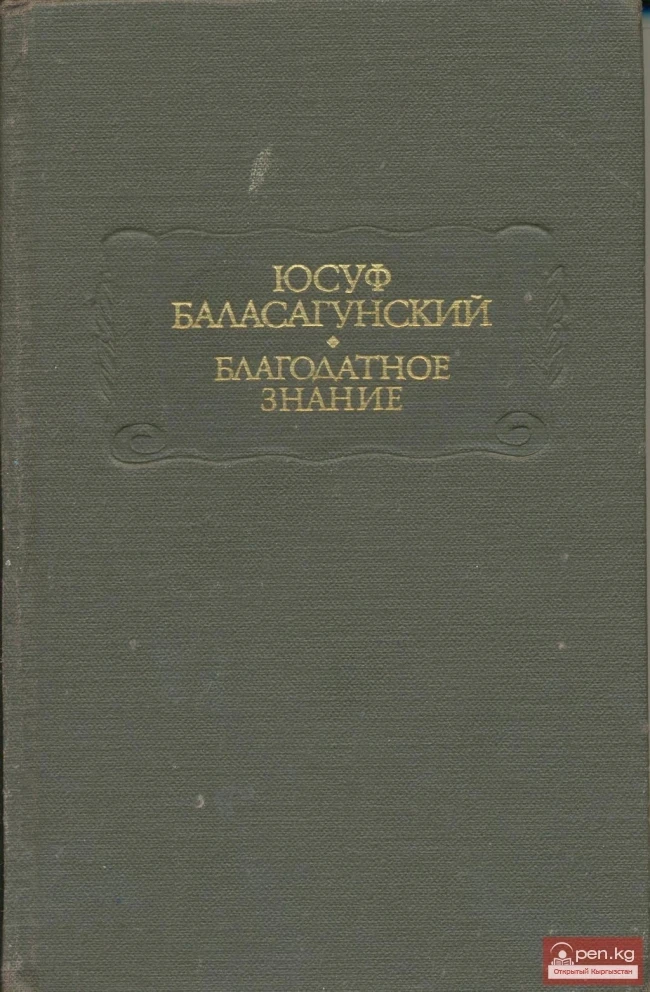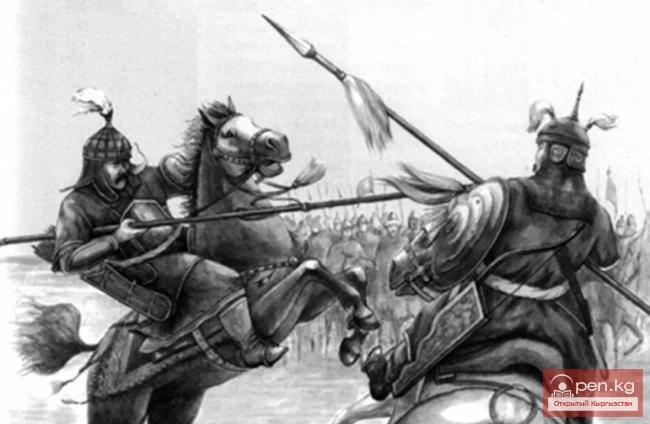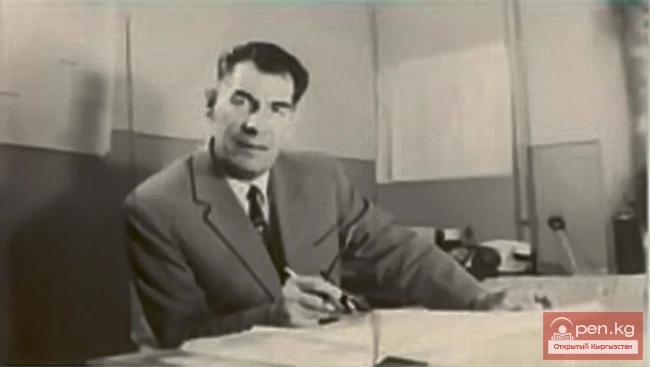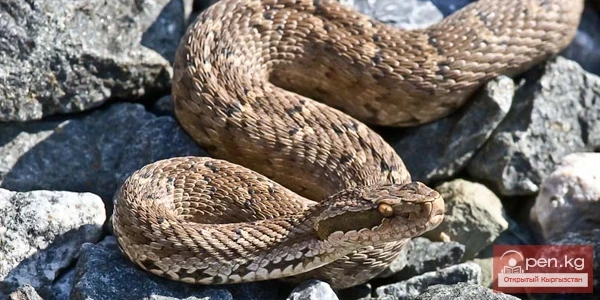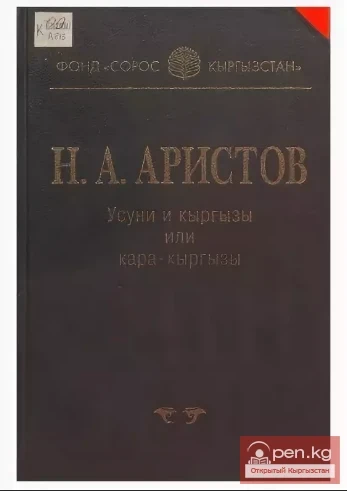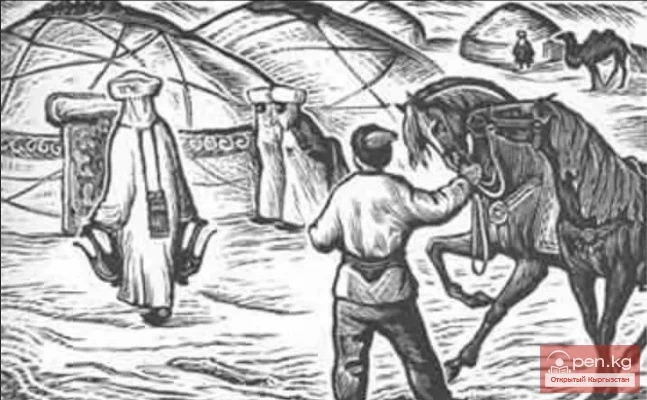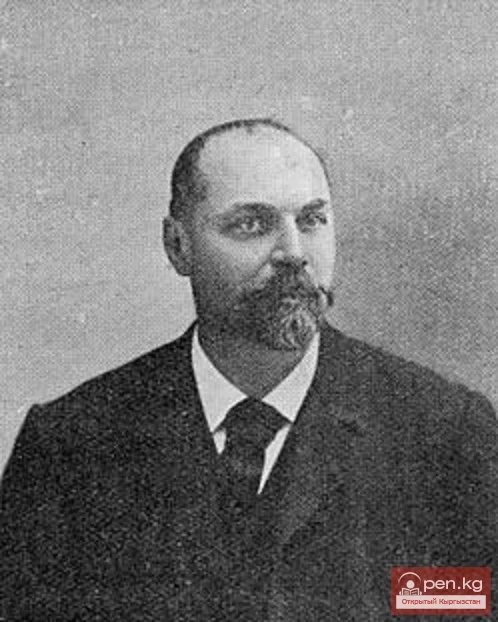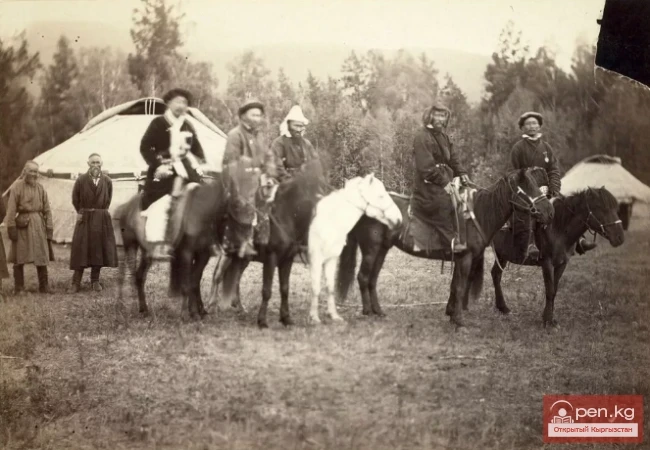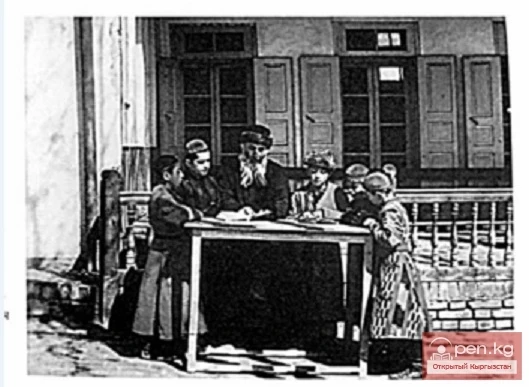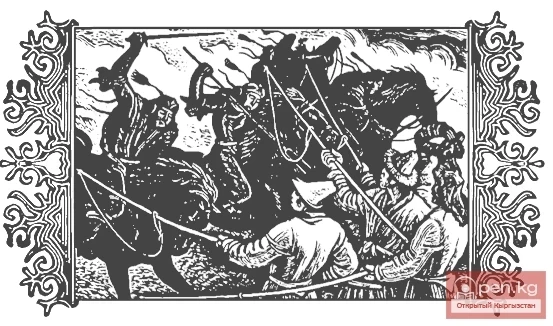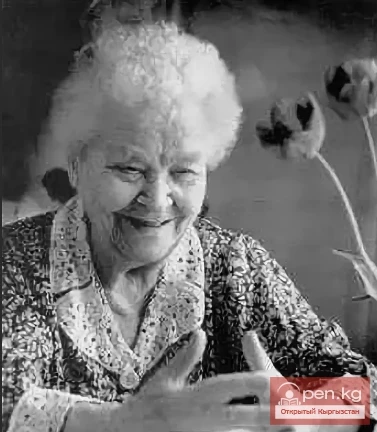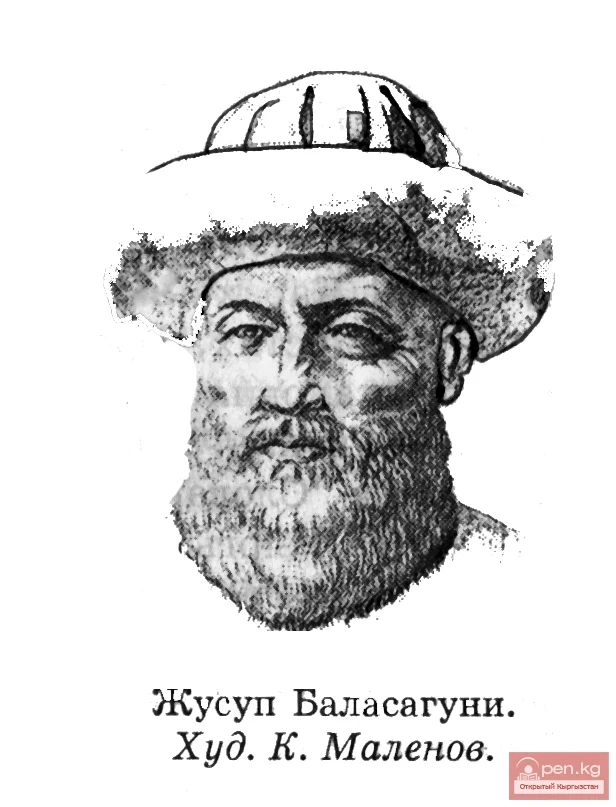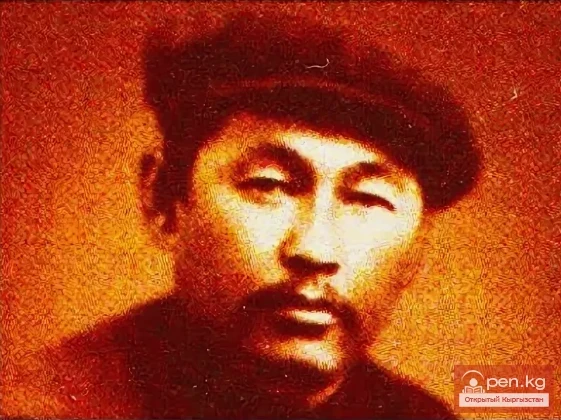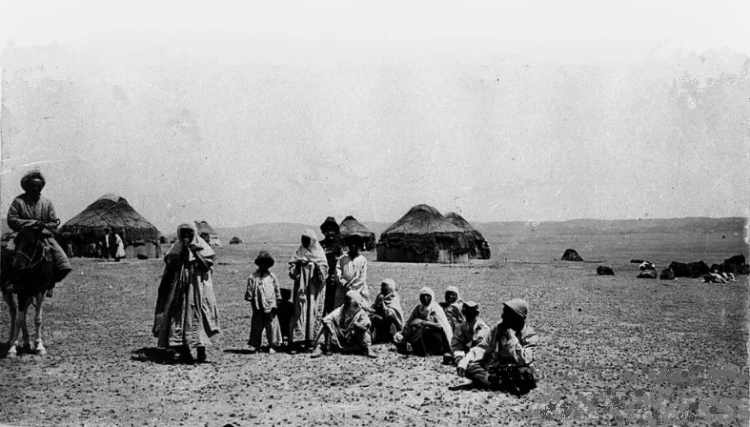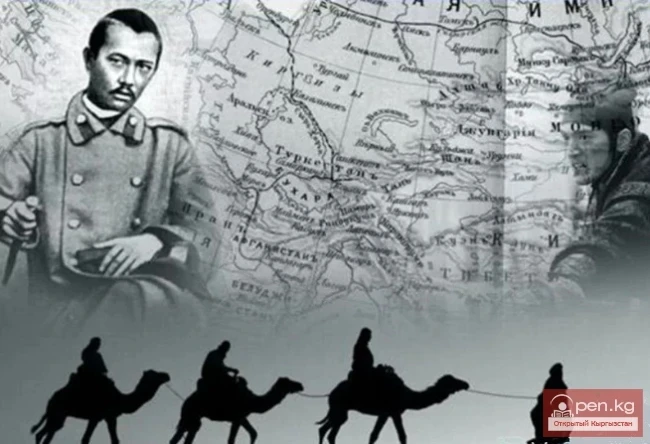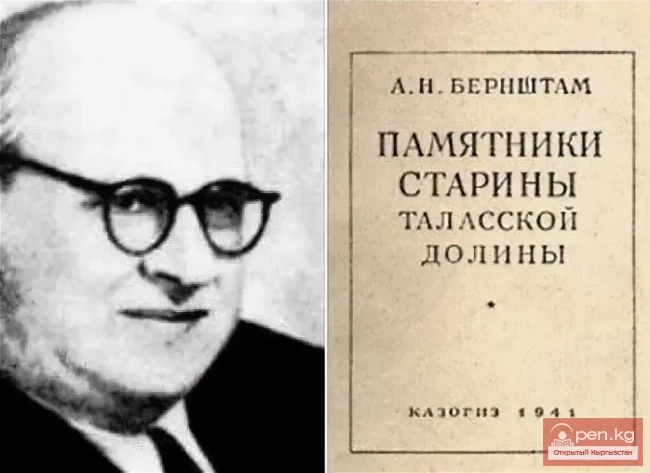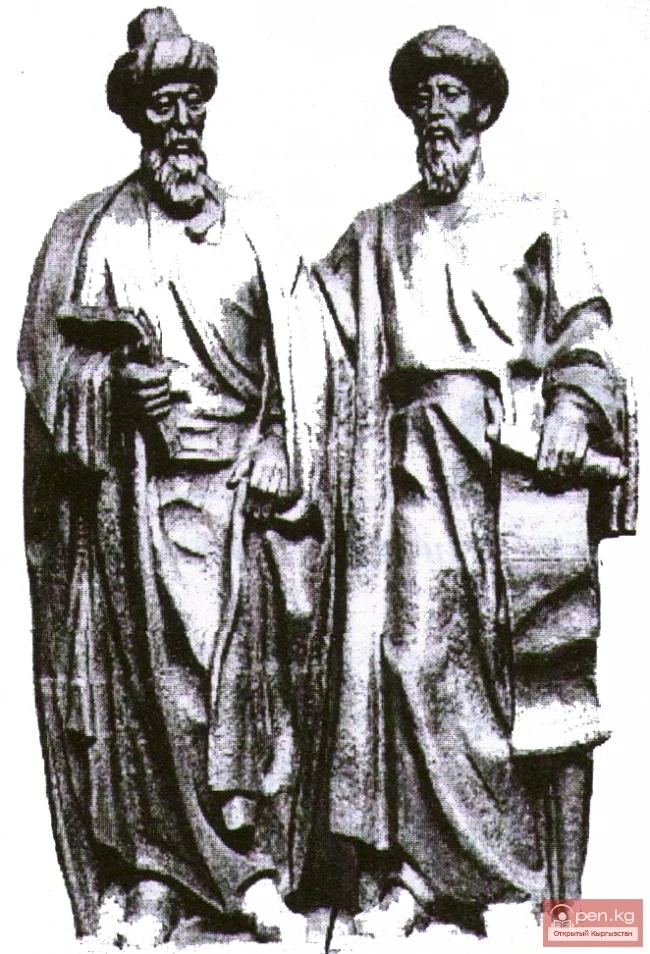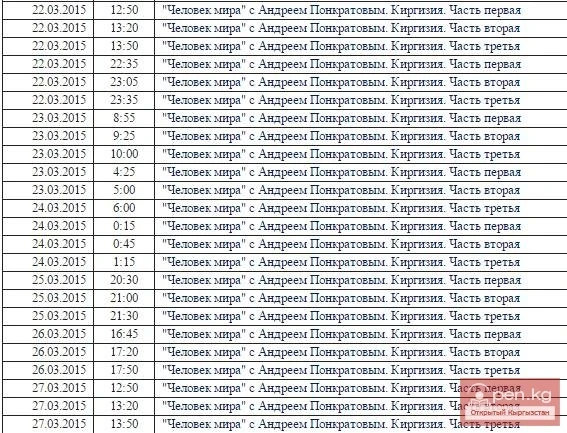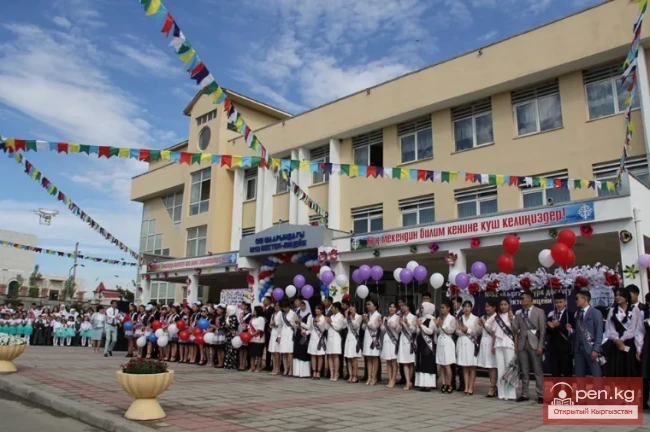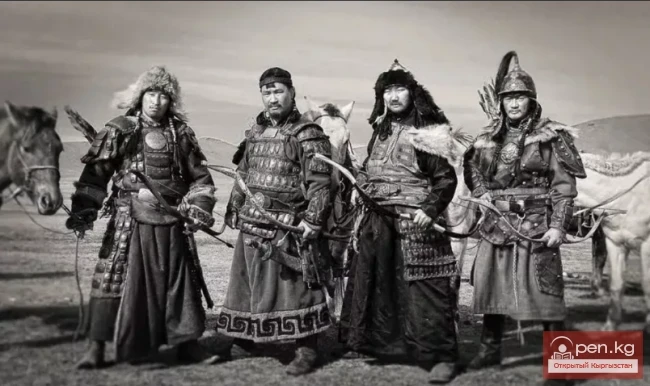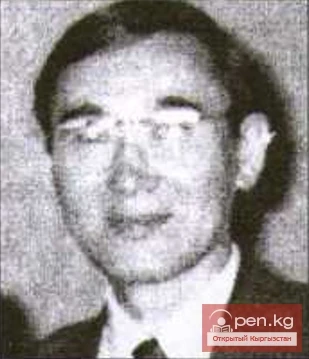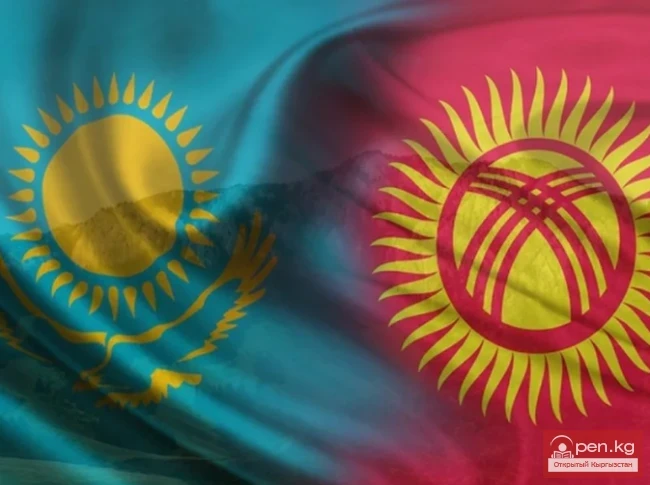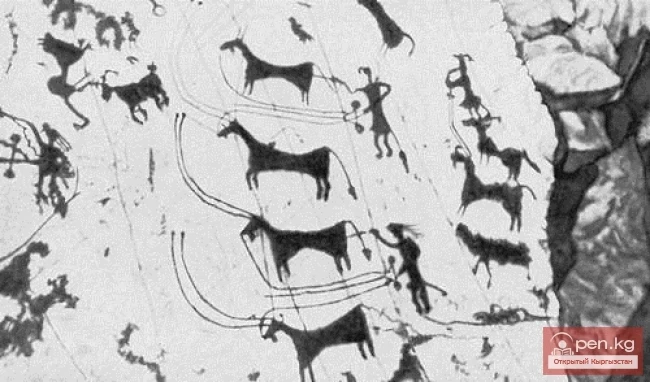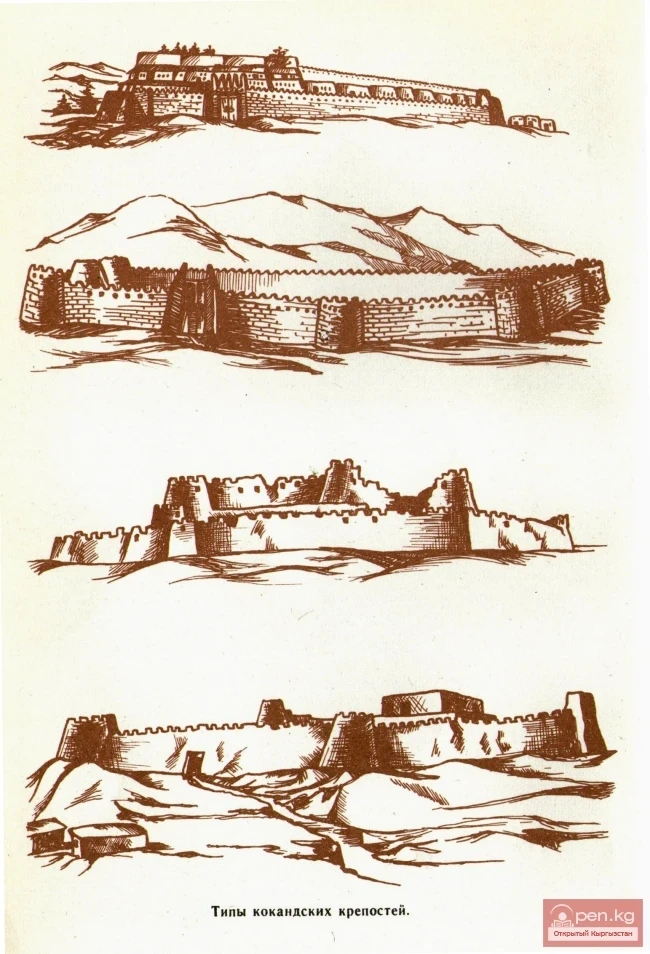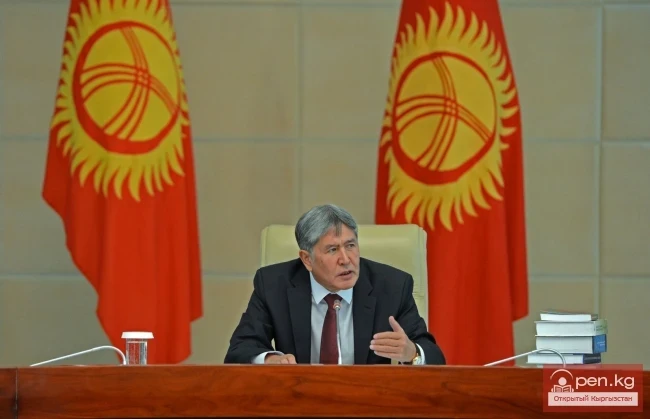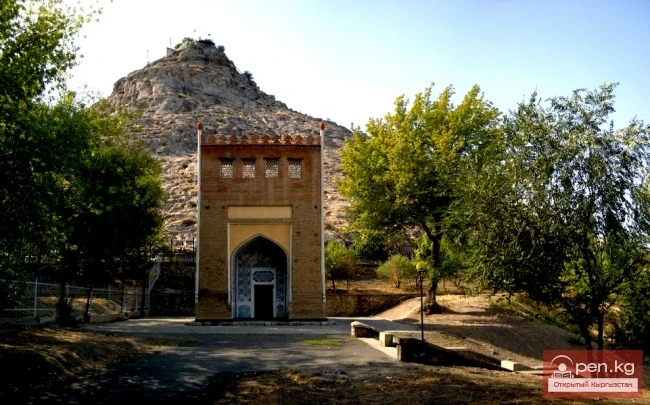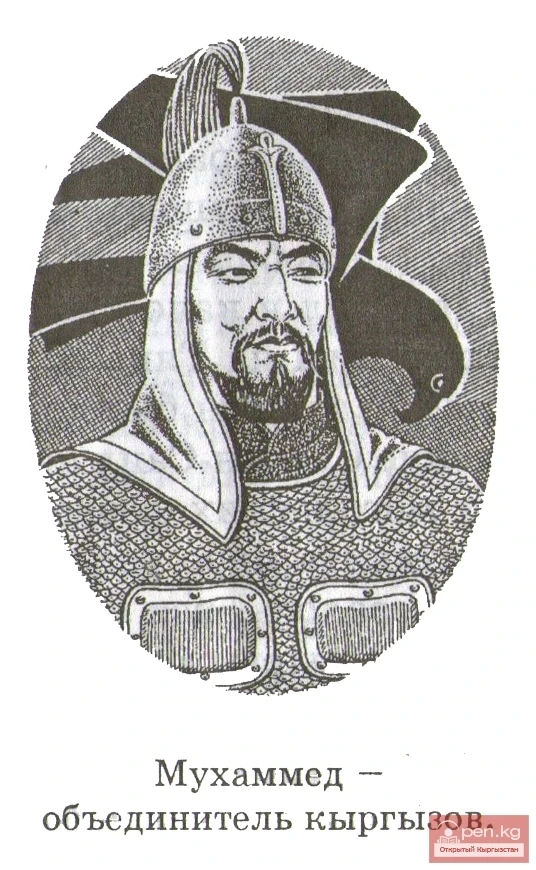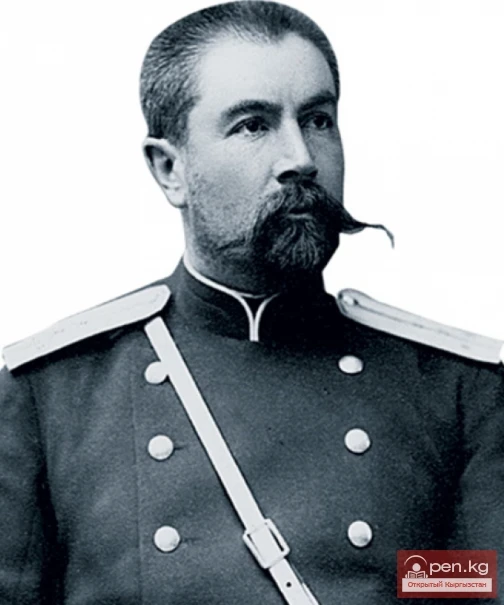Chokan Chingisovich Valikhanov
The famous traveler, outstanding geographer, and ethnographer Chokan Chingisovich Valikhanov was a man of bright and unique fate. He forever inscribed his name in the history of geographical science by undertaking a secret journey to Kashgaria, a country about which nothing was known in Europe.
In our narrative, Valikhanov will enter as an adult, a young man of twenty-two years, an officer, and an adjutant to the Governor-General of Western Siberia, Gasfort.
Chokan Chingisovich Valikhanov, a Kazakh by nationality, was born in 1835. He came from a noble steppe lineage: his father, Sultan Chingis Valiev, was the grandson of Khan Ablai, a prominent figure in the history of Kazakhstan. As early as 1740, Ablai, then one of the major sultans, voluntarily accepted Russian citizenship.
Later, becoming the khan of the Middle Juz, he greatly contributed to the development of economic ties between the Kazakhs and the Russians.
Chingis Valiev, after Chokan studied for three years in a Muslim school — a madrasah, in 1847 sent him to the Omsk Cadet Corps. Growing up in a felt yurt in the endless steppes, not understanding a word of Russian, Chokan Valikhanov, nevertheless, quickly adapted to his new environment and soon was recognized as one of the most capable students. His teachers promised him a great future, predicting a scholarly career for him...
Chokan Valikhanov's passion for travel and interest in the history and geography of Central Asia awakened early, but books could tell him little — Central Asia remained a "white spot" for European science. Together with a classmate, cadet Grigory Potanin, a future prominent researcher of Siberia and Central Asia, he made plans for distant travels even in his childhood...
By 1857, at the beginning of our narrative, Chokan Valikhanov had already undertaken his first journeys: he visited Dzhungaria, traveled with Colonel Khomentovsky to the area of Lake Issyk-Kul in the Tian Shan (the military expedition of Khomentovsky was engaged in studying border areas and topographic surveying), and lived for three months in the Chinese city of Kuldja...
His close acquaintances included political exiles from the Petrashevsky circle — Durov and writer Dostoevsky. Perhaps it was to them that Valikhanov owed his first reflections on social injustice...
And, of course, all this time he continued to read a lot, taking every opportunity to expand his knowledge...
That is, in fact, all that needed to be said in the introduction.
Now we will leave Chokan Chingisovich Valikhanov and begin the story with the adventures of Khoja Valikhan, a near namesake of Chokan Valikhanov.
HOJA VALIKHAN
In the spring of 1857, one of the descendants of the religious leaders of Kashgar, Hoja Valikhan, secretly left the city gates of Kokand — the capital of the Central Asian khanate. Neither the residents of Kokand, crowded in the narrow streets, nor the guards at the gates paid him any attention: the city was noisily celebrating the day of breaking the fast, and the departure of several people went unnoticed. At another time, the guards would likely have reported to the khan, who would have sent a pursuit — Khan Khudoyar did not like it when khojas left Kokand without his knowledge: their departure always heralded unforeseen troubles.
Hoja Valikhan was accompanied by seven horsemen; all were dressed in Bukhara robes, belted with bandoliers, from which simple scabbards hung sabers and daggers. Hoja Valikhan, already not young and significantly overweight, rode at the front; his broad face, with sparse black mustaches, seemed kind and peaceful; a small plump hand, the hand of a man who had never engaged in physical labor, confidently held the spirited stallion. The stallion, having been cooped up in the stable, thin-legged and with a muscular broad chest, gnawed at the bit, snorted, and bared its even yellowish teeth, exposing pink gums, but Hoja Valikhan did not hurry to give him freedom and, calming him, patted his glossy neck. Only when the towers of Kokand disappeared behind the groves of pyramidal poplars and mulberries did Hoja Valikhan loosen the reins and whistle. The stallion transitioned from a standstill to a gallop, but Valikhan raised the whip over the stallion's head, and it, not waiting for the strike, quickened its pace; the jolts became less frequent, calmer, and finally, the jarring gallop was replaced by a smooth, swift canter. A whitish plume of dust rising behind the riders slowly bent over the fields sown with barley, jujube, and rice. Valikhan did not look around — he had traversed the fertile Fergana Valley back and forth! — his gaze was steadfastly directed at the distant, blurred outlines of the ridges that closed the valley to the east. He knew: there was a passage in these mountains — the most convenient passage from the Kokand khanate to the Chinese province of Nanlu, or to Kashgaria, also known as Little Bukhara, or Altyshara. From the latter name, it follows that there are six cities standing nearby, and it translates roughly as: the land of six cities. But there is no city more beautiful among them than Kashgar, the native city of Hoja Valikhan and his loyal companions, the Kashgar Muslims, fanatically devoted to their leader. Long ago, Kashgaria had entered the Chinese Empire, but what true believer khoja could reconcile himself with the loss of power, with the fact that "infidels," the Chinese Buddhists, ruled in China!... The time had come to declare a gazavat — a holy war — and drive the Chinese out of Kashgaria forever. And the time for this most righteous cause could not be more suitable: rumors of a great uprising in China and frequent wars with foreign invaders had long reached Khoja...
On the second day, at night, Hoja Valikhan's detachment bypassed the city of Osh. The riders spent the day in a remote gorge, trying not to be seen by anyone — they slept in the sparse shade of chilig bushes, letting their tangled horses graze, and on the following night approached the small Kokand fortress of Oksalur.
The night was quiet and clear. In the depths of the low, transparently black sky, large stars shone with a damp gleam; in the east, a yellowish-orange glow was rising — the moon was rising, and the black silhouettes of the poplars stood out more distinctly from the darkness; the water in the shallow irrigation ditches murmured softly, and the sound of the horse detachment's uneven, discordant hoofbeats echoed through the surroundings — Hoja Valikhan rode without concealment.
From the watchtower, the sentinels called out to them. The characteristic clicking of cocked triggers was heard, and Hoja Valikhan guessed that the guards had prepared their rifles. Stopping his companions with a hand gesture, Hoja Valikhan rode alone to the gates and, citing an order from Khan Khudoyar, demanded that the bek — the commander of the fortress — come out to him. The bek recognized Valikhan and, unaware of any ill intent, ordered the gates to be opened. He paid dearly for this mistake. Dismounting and handing the reins to a running soldier, Hoja Valikhan politely greeted the bek; without turning around, he determined by sound when the last of his companions entered the city gates, but even after that, he did not change his behavior — before the bek, he continued to shower compliments and bow as the good-natured elderly Kashgarian, and legends of the politeness and gallantry of the Kashgaris are known throughout the East!...
No, Hoja Valikhan could not go ahead of the bek! — but as soon as the bek, softened by flattery, took two steps forward and carelessly turned away, Hoja Valikhan, with a lightning movement, drew his saber from its scabbard, which shone with a bluish flame in the moonlight — and with one blow severed the bek's head.
The garrison of the fortress could easily have destroyed the small detachment, and not a second could be lost. Before the decapitated body had fallen to the darkened ground soaked with blood, the short, stout Hoja transformed: his movements acquired an unexpected flexibility, plasticity; not releasing the saber from his hands, he strangely bent and glided along the wall. The head of Hoja convulsively tilted back, his eyes rolled back, and the blind whites shone terrifyingly in the dark. "A-a-a" — he howled long, and his wail, suddenly cut off at the highest note, was so terrifying that even his companions pressed closer to the gates. — "Gazavat!.. Gazavat!" — The saber of Hoja Valikhan, dripping with blood, described an arc and froze, pointing east, towards Kashgar. — "Death to the infidels!... death..." — Hoja choked on his words, and something bubbled and gurgled in his throat. The thick shadow from the adobe wall seemed to cover Hoja Valikhan's face like a veil, and no one noticed how his cold, calm eyes scrutinized the motionless figures of the soldiers...
— Gazavat! — shouted one of the sipais of the garrison, and dozens of voices joined his cry: — Gazavat! Gazavat!
Hoja Valikhan breathed a sigh of relief and, without wiping it, sheathed his saber. The first victory had been won.
In the morning, soldiers arrived in Oksalur to collect tribute from the Kyrgyz, and Hoja Valikhan joined them to his now combat-ready detachment. He stationed guards on all roads leading to Kashgar so that no one could inform the Chinese of his appearance at the border, and began to recruit loyal Kyrgyz into the army.
A few days later, Kashgar officials, beks sent by the Chinese for reconnaissance, were brought to Oksalur.
Hoja Valikhan took pleasure in personally slaughtering them, engaging in no negotiations with them.
Soon, the recruiters returned with volunteer Kyrgyz, and Hoja Valikhan left Oksalur.
At four o'clock in the morning, Hoja Valikhan appeared before the southwestern gates of Kashgar. The city was quiet and calm, but dawn was already breaking, and Valikhan was slightly nervous and urged his subordinates. No sentinels were found anywhere — the astonishing carelessness of the Chinese helped the daring raider here as well. Valikhan ordered firewood, brought by the mountaineers to the city for sale and left outside the wall, to be immediately brought to the gates, and he laid gunpowder, captured from the Chinese outpost, in it. The firewood was set ablaze. The dry, resinous branches of the high-altitude juniper flared up fiercely. A few minutes later, a powerful explosion shook the city, and the gates flew apart into splinters. While hot ash and dust still swirled in the air, the vanguard of Hoja's army burst through the breach. The horsemen raced through the streets, loudly calling on the residents to a holy war against the Buddhists. Terrified people, grabbing weapons, rushed out of their homes, and a panic arose such that the garrison could not organize any resistance...
The Chinese and their loyal Kashgaris fled the city and took refuge in the Manchurian — a fortified citadel located a few hundred meters from the city walls of Kashgar.
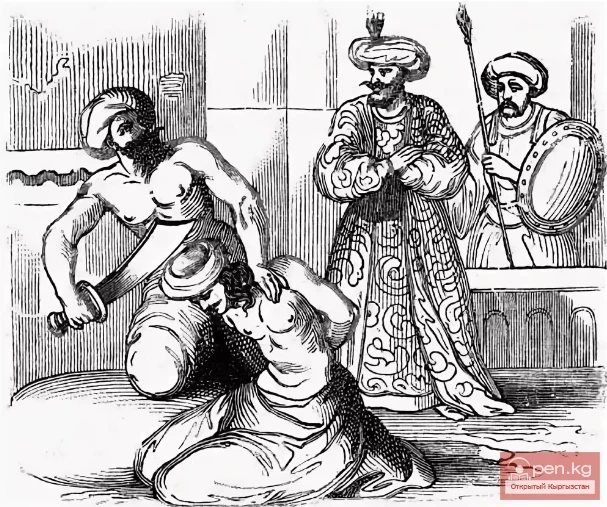
In the city, shops and warehouses were looted, and a massacre ensued. All prisoners were executed, and from their heads, Hoja Valikhan built a pyramid on the banks of the Kyzylsu River...
The uprising spread to the villages, and soon under Hoja Valikhan's command, up to 70,000 sipais (cavalrymen) and 4,000 sarbaz (infantrymen) gathered. They were all divided into "standards," each consisting of five hundred men: at the head of the "standard" stood a pansad — a commander of five hundred.
Hoja Valikhan imposed a heavy tax on the population, confiscated all copper utensils, and melted them into cannons.
But the main forces of Hoja Valikhan were directed against the Chinese citadel — the Manchurian. The adobe walls feared water the most, and Valikhan ordered the Kyzylsu River to be dammed and its waters directed onto the Manchurian.
Thousands of Kashgaris were driven to the river daily to build the dam. Trade ceased, and crafts fell into decline...
Valikhan settled in the courtyard of the fleeing hakim-bek — the indigenous ruler of Kashgar. The noblest residents brought their daughters to him for his harem. Every night, orgies were held in the palace, and during the day, the hashish-smoking fighter for the true faith demanded that prisoners from overcrowded jails be brought to him. He was not interested in whether they were Buddhists or Muslims, Chinese or Uyghurs. Swaying, with cloudy, pale eyes from hidden rage, he approached the kneeling, bound prisoners. For some time he silently examined them, and then his thick cheeks began to twitch, his mouth was contorted with a spasm, and, gasping from uncontrollable fury, he hacked at the people, becoming completely intoxicated by the sight of blood, by its warm, teasing smell...
And the pyramid on the banks of the Kyzylsu River kept growing...
The Chinese occasionally made sorties, trying to disrupt the siege works, but Valikhan's soldiers successfully repelled them...
Having convinced himself that the Chinese locked in the Manchurian did not pose any serious danger to him, Hoja Valikhan sent part of his army to capture other cities of Altyshara. The city of Yangigisar surrendered almost without resistance, and then Hoja Valikhan sent his favorite, the young Tilly-khan, to storm the largest city of Little Bukhara — Yarkand.
Tilly-khan, falsely proclaimed by Hoja to attract the true Muslims to his side, defeated the army of Chinese sent to meet him. But Yarkand refused to submit to the victor. The local beks assured the townspeople that Tilly-khan was not a khoja but the son of the butcher of Yangigisar, and all the population went to the city walls to defend Yarkand...
Chokan Valikhanov was the first to be studied by Russian geographers in Central Asia. Part 6
